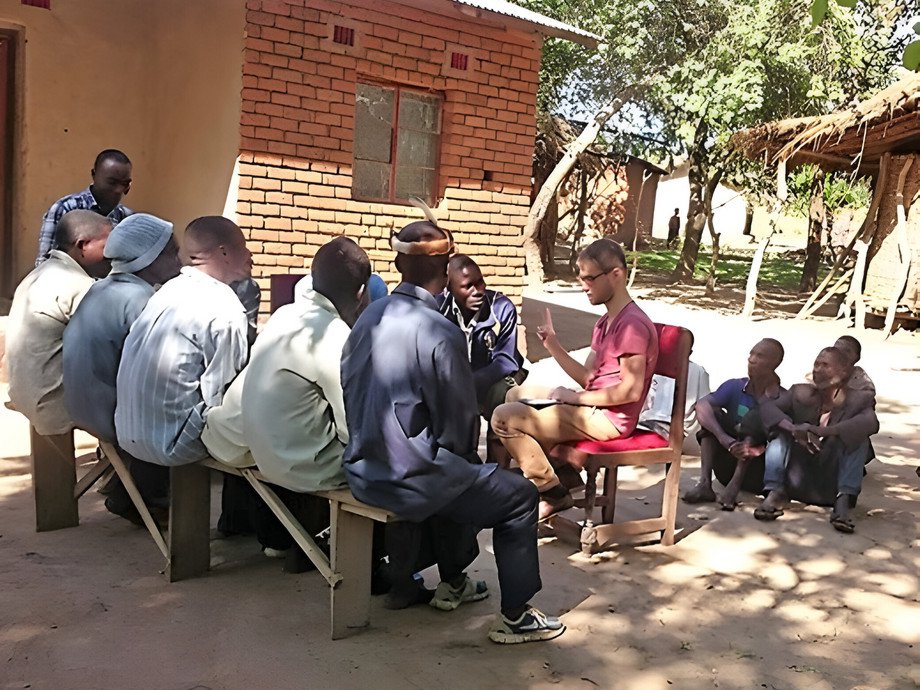
A research team headed by Prof. Michael Grimm, Chair of Development Economics at the University of Passau, examines the effectiveness of public work programmes in developing countries. In the first phase, the researchers have examined what is already known about the effectiveness of such programmes and the factors of that enhance or undermine their success in Africa and the MENA region. Furthermore, they started working towards closing some of the identified knowledge gaps using Malawi as a case study. For the project, the researchers not only draw on existing data but also started collecting additional data.Public works programmes are popular among governments and donors alike. Their specific appeal has to do with the fact that they are assumed not only to offer direct welfare benefits to the workers on those programmes through temporary employment creation but also to have a range of other outcomes with the potential to contribute to both household productivity and broader economic growth, without raising concerns regarding dependency and fiscal un-sustainability that cash-transfer-based social protection provokes. Moreover, the German Government and others place hopes in such programmes to be one instrument to address the root causes of migration and flight.
Public works programmes are expected to yield these positive impacts through three main channels: first, through the wage that is paid (either in cash or in kind) for working on a public works site which, depending on the employment duration and predictability may have a more or less significant insurance function; second through the assets created; and third, through skills conveyed (either through on-the-job experience or through specific training components). Based on such expectations, public works programmes were being implemented in 65 developing countries in 2014, 30 thereof in low income countries, according to the World Bank's "The State of Social Safety Nets 2015" report.
Under the term "public works programme", a wide range of interventions are lumped together that differ in their more specific objectives, their design and implementation contexts. On the one hand, they are implemented as short-term humanitarian interventions, for example, in (post-) conflict settings. The most recent prominent example is the large-scale Cash for Work Programme in Syria's neighbourhood that is funded by the German Government. On the other hand, public works programmes are also implemented as medium- to long-term instruments in contexts of wide-spread chronic poverty, e.g., in Sub-Saharan Africa.
Given their continued popularity among donors and governments one might expect that the available evidence empirically substantiates the intuitive appeal of public works programmes. Unfortunately, the empirical reality check is sobering as a systematic review conducted by the research team as part of the project has highlighted. They have been rarely rigorously studied and the limited evidence that exists is quite heterogeneous. The overall conclusion is not that PWPs are per se ineffective, but rather that there is some evidence that they can be effective although often they are not. Given these findings and to make sure that the substantial amount of public money that is spent on public works programmes is spent well, it is high time to learn more about what works best when, where, how and why. This is precisely what the research project "How to ensure that public works programmes achieve what they promise?" sets out to do.
The first phase of the project has been funded by the GIZ. The German Federal Ministry for Economic Cooperation and Development (BMZ) has approved funding for the second phase. The research is undertaken by Prof. Michael Grimm and Stefan Beierl. The field work takes place in Malawi where they cooperate with the local staff of the GIZ Social Protection Programme, in particular Ralf Radermacher, as well as district officers and government extension workers.
The key contributions of the first project phase were in particular:
More information about this project and the subsequent one
Pictured: Informing villagers about the evaluation
| Principal Investigator(s) at the University | Prof. Dr. Michael Grimm (Lehrstuhl für Development Economics) |
|---|---|
| Project period | 01.09.2016 - 31.12.2017 |
| Source of funding |

BMZ - Bundesministerium für wirtschaftliche Zusammenarbeit und Entwicklung
Deutsche Gesellschaft für Internationale Zusammenarbeit (GIZ) GmbH
|
| Themenfelder | Volkswirtschaftslehre |